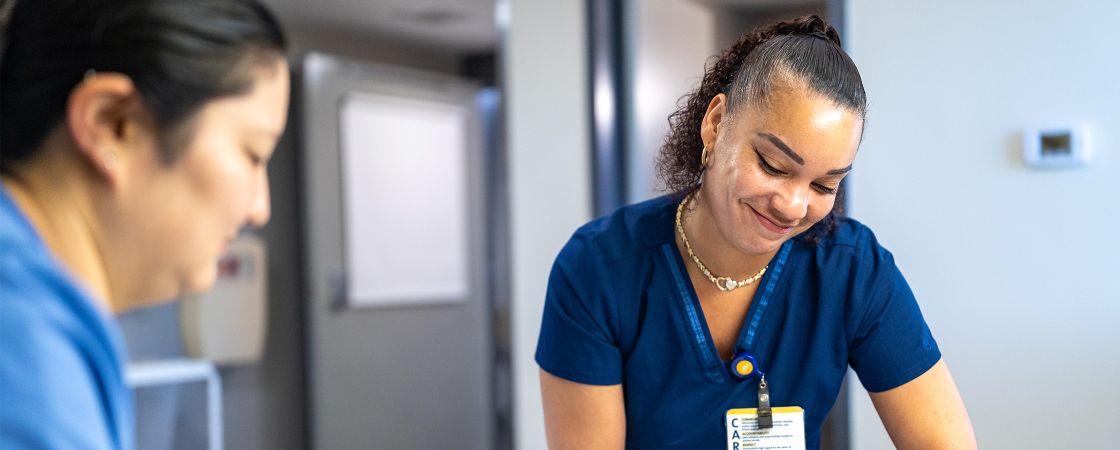Providing a full range of services to care for the whole you.
Search Bristol Health

Specialty Care
Specialty Care
Expert Providers. Exceptional Specialty Care.
Our specialists provide a full range of care and services for you, including breast health and breast surgery, cancer, cardiology, general surgery, geriatrics and palliative care, orthopedics, podiatry, psychiatry and behavioral health, pulmonary medicine, rheumatology, sleep medicine, vascular surgery, wound care and more.
Schedule A Telehealth Visit
Your next doctor visit can now be done from the comfort of your home. Telehealth visits are easy to set up. All you need is a computer or mobile phone.
Telehealth Visit Instructions
- Call 833.4BHDOCS to schedule your appointment.
- Select your device: mobile phone or computer
- Log into the patient portal 10 minutes prior to your visit using the Chrome or Firefox browser.
- Answer some basic questions regarding your health.
Learn More Schedule Your Telehealth Visit
Your Patient Portal
Bristol Health Medical Group provides you 24/7 access to your health records via our patient portal. You can view, download and print your information; see your visit history and scheduled appointments, pay your bill online and more.
How Can We Help?
Can’t find what you’re looking for? Need a little more information? We’re happy to help!